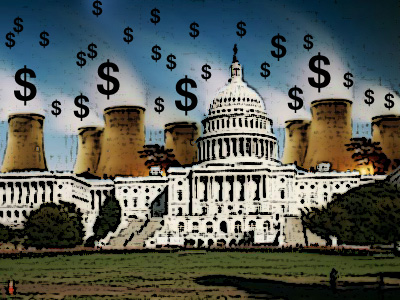
In my first blog post, I wrote an overview of the discussions held at the Copenhagen Summit, a meeting held to determine the course of action of the world’s nations in regards to increases in carbon emissions. As the blog has continued we have examined multiple cases of environmental foreign policy, and it is important to keep these differing policies in mind when trying to meet individual nation’s proposed CO2 reductions. Of these proposed courses, carbon trading shows the most promise.
As we move further into 2010, it is important not to overlook the prospects that surround carbon trading, also know as cap-and-trade. The fundamental principle surrounding carbon trading is the implementation of economic incentives for reducing carbon emissions, ultimately helping lessen pollution. “Under carbon trading, companies exceeding a “cap” on their emissions must purchase additional permits to pollute more. Companies that pollute less can “trade” or sell their surplus permits.” (Kanter)
The idea of cap and trade emerged in the late 1960s, however, it was not until the last twenty years that an idea became a viable policy.
- 1990s: “China begins to experiment with a cap-and-trade system to cut down on sulfur emissions from power plants.”
- 2000: “Shell begins a voluntary cap-and-trade program…Because the company has a broad international reach, the concept of cap and trade begins to spread across the world.”
- 2005: The Greenhouse Gas Emission Trading Scheme is enacted by the European Union.
If cap and trade policies are to be successful in the world today, it is important that the policy is carefully constructed and strictly adhered to. In the aftermath of the Copenhagen Summit, global superpowers, such as the United States, must be able to commit to such a policy to set an example for both developed and non developed countries. If such measures are taken, nations can both generate revenue, as well as reduce their impact on the pollution of our planet.
Evaluation of carbon trading: Carbon Trading Podcast